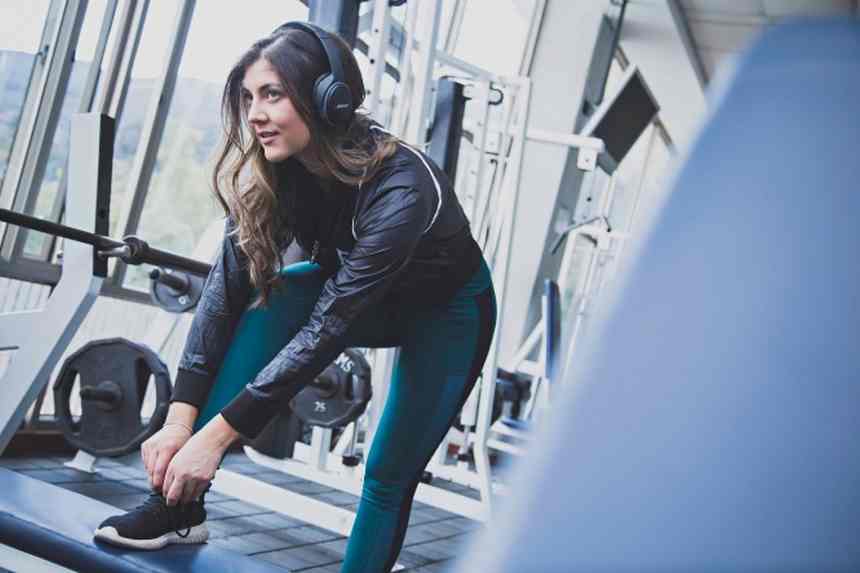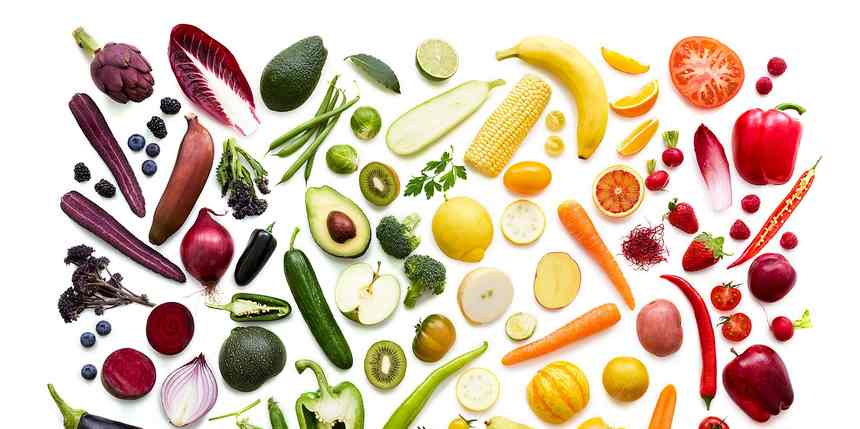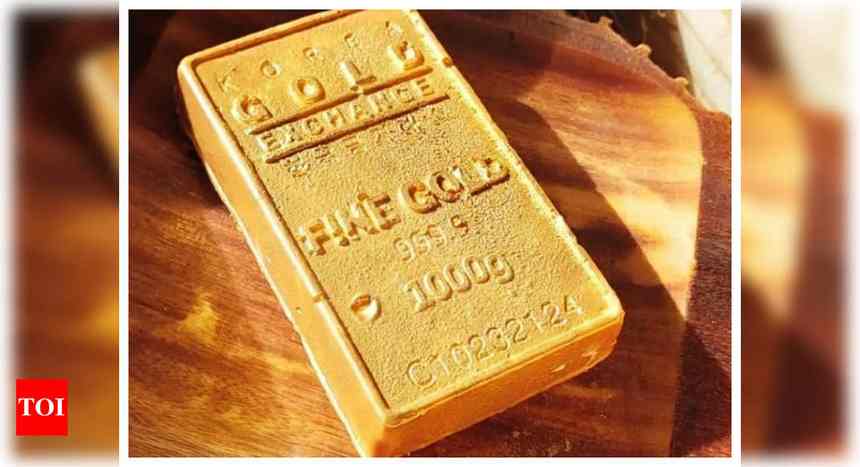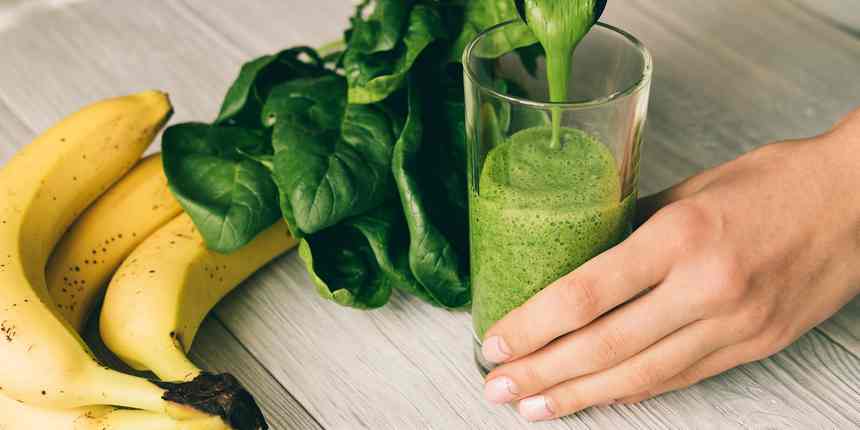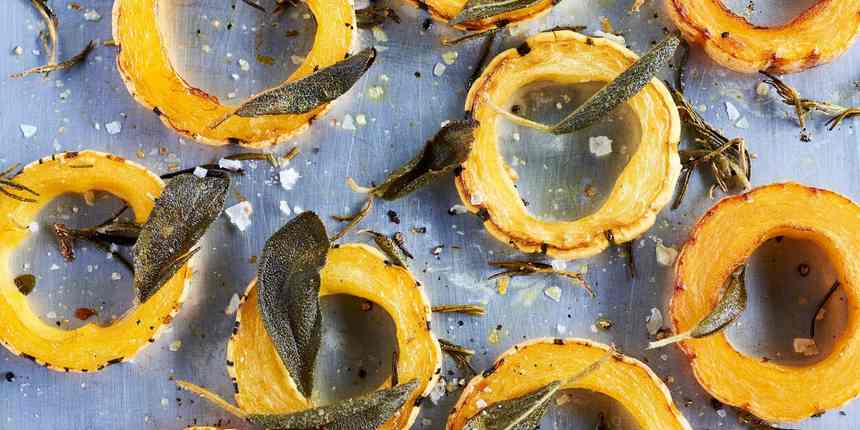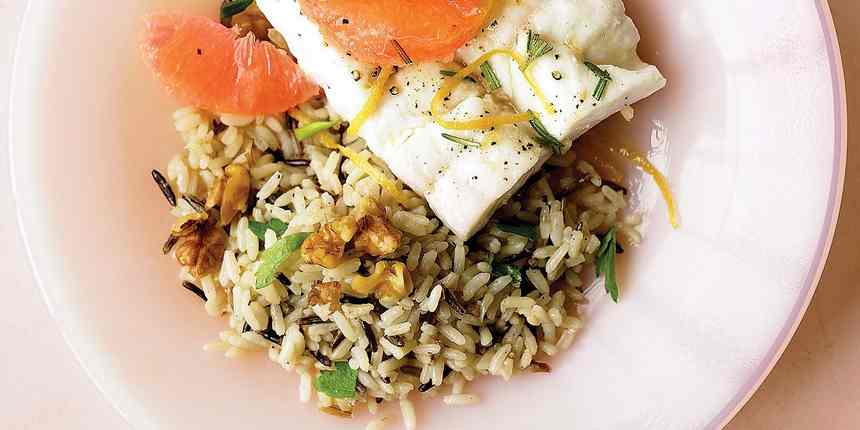You could say that a protein- and antioxidant-packed smoothie has become the new classic America breakfast. Ask practically any wellness guru, nutritionist, or functional medicine doctor, and chances are good they'll tell you that they drink some sort of green-infused smoothie for a filling, nutritious breakfast-on-the-go. That's probably one of the reasons why the protein powder market has expanded exponentially in the last several years. With so many options, though, what is a novice smoothie maker to do?
We reached out to two experts, Dr. Steven Gundry, MD, a heart surgeon and author, and Dr. Mark Hyman, MD, functional medicine doctor and author, to help us pinpoint the differences among the plethora of protein powders. But one tip, first, before we dive into it: "Always look for a protein powder with real food ingredients and no added sweeteners to get the most out of it for your health," Dr. Hyman says. "The fewer ingredients, the better." Ahead, everything you need to know about nearly every protein powder type on the market.
Related: How to Snack: Strategies for Healthy Eating Between Meals
Hemp Seed Protein
Hemp is a complete protein, meaning it contains all of the essential amino acids, Dr. Gundry says. It's high in glutamine, which helps line the gut wall, and is the protein highly touted in bone broth, he explains, which makes it particularly helpful for anyone dealing with leaky gut. Hemp is also rich in vitamin E and minerals such as phosphorus, potassium, sodium, magnesium, sulfur, calcium, iron, and zinc, Dr. Hyman adds. "Hemp seeds are also full of good fats and contain the amino acid arginine, which produces nitric oxide and helps lower blood pressure, reduces the risk of heart disease, and is associated with lower levels of inflammation," he notes.
Spirulina Protein
Spirulina is easily identifiable by its bright green color. It's a type of algae that's also a complete protein, and can also aid with gut health, Dr. Gundry says. (That signature green color is indicative of its nutrition-rich profile—it contains a variety of vitamins and minerals!)
Flaxseed Protein
"Along with hemp seed and spirulina, I recommend flaxseed to all of my patients," Dr. Gundry says. "Flax is a nearly complete amino acid. Flaxseed contains high amounts of branched chain amino acids (BCAAs), which promote muscle growth." They're also high in omega-3 fatty acids, which fight inflammation and can promote healthy skin (take this, and your complexion will thank you).
Collagen Protein
Collagen is the most plentiful protein in our bodies, and it declines with age, Dr. Hyman says. "There are some really great collagen protein powders derived from grass-fed cows—without any extra additives—that mix easily into almost anything," he explains. "I love using collagen protein powder to get my protein up for the day and also to help my gut health, joints, and skin." While collagen isn't a complete protein, it's rich in the amino acids glycine, proline, hydroxyproline, and arginine. "Glycine combines with glutamine and cysteine to create glutathione, which works as a super-antioxidant in the body," he adds.
Whey Protein
Dr. Hyman says whey poses a challenge because it's derived from dairy. "I advise anyone who knows they are sensitive to dairy to choose a different protein powder," he notes. "Most whey protein is denatured and sweetened, and thus, biologically ineffective. If a product has whey in it, be sure to look for whey protein concentrate and avoid whey in its isolate form." (Whey in its isolate form means that it's highly processed and altered in protein structure, so it's not a whole food, Dr. Hyman explains.) "I also always recommend looking for whey derived from grass-fed cows so you're getting quality without potential toxins and extra hormones."
Related: Healthy Breakfast Smoothies in a Rainbow of Colors
Pea Protein
"It's technically considered a complete protein because it contains all nine essential amino acids that the body can't make on its own, and is rich in branched-chain amino acids that help muscle growth," Dr. Hyman says. "It's rich in iron, making it a good option for vegans and vegetarians, and it's also usually available at a pretty good price and blends into a nice texture. I find pea protein is pretty well tolerated."
Soy Protein
Soy was a popular choice before other protein options started popping up, Dr. Hyman says. "Many people who don't eat animal products flock to soy because it's a complete protein, but soybeans contain compounds called phytates that bind to minerals inside your body and contain some potentially harmful compounds," he explains. "Soy protein powder is made from defatted soybean flakes washed in alcohol or water to remove the sugars and fiber, then dehydrated to turn into a powder. While I'm not anti-soy, this is not the best way to consume it and I suggest avoiding soy protein powders." (Instead, if you're going to eat soy, he recommends eating fermented soy, which contain beneficial bacteria to improve gut health.)
Brown Rice Protein
"Due to its low lysine content, brown rice protein doesn't qualify as a complete protein, so other sources of protein containing lysine (like lentils or pumpkin seeds) would be necessary to fulfill the body's needs," Dr. Hyman says. "Brown rice is known to draw arsenic out of the soil, so it's something I don't recommend consuming every day. If you do opt for a rice protein, look for one that's organic. Also, those who are sensitive to grains, like people with autoimmunity, may do better with a different kind of protein."
Chia Seed Protein
"Chia seeds are a mighty little protein source and also contain beneficial omega-3 fatty acids and antioxidants—plus they're a complete protein," Dr. Hyman says. While you can buy them pre-ground in a powder, he recommends buying the whole seeds and blending them yourself to avoid oxidation (which sadly rids the powder of beneficial nutrients). "You can also get fiber from whole chia seeds, which is important for digestive health and detox support, so I think including these as a plant-based protein source is a great idea," Dr. Hyman adds.
Almond Protein
Hyman approves of almond protein, but recommends finding one with just one single ingredient: almonds. "This tends to have a good amount of protein, is low in carbs, and has a nice amount of plant-based calcium," he notes. "You also get some healthy fats from almond protein, which are great for satiation, heart health, and much more."
Pumpkin Seed Protein
"This is another one I really like, and it has all of the necessary amino acids to be considered a complete protein," Dr. Hyman explains. "It's full of minerals like magnesium, zinc, copper, and iron, plus beneficial fats, and is usually well digested and absorbed. A cold-pressing technique can maintain nutritional integrity, and it's got a nice, smooth texture and flavor that goes well with plenty of other smoothie ingredients. You could also us toss a handful of raw green pumpkin seeds into your smoothie for a nutritional boost."
